Amid unprecedented challenges and shifting norms, the gaming industry’s resilience defies odds, captivating the world with its remarkable display. Perhaps, during pandemic-induced lockdowns, this dynamic industry not only endured but thrived, experiencing an exceptional surge in popularity and growth.
As the industry evolves and permeates our lives, one phenomenon shines: the meteoric rise of crypto gaming. This fusion of blockchain technology and gaming creates fresh possibilities, changing how we interact and compete in virtual worlds.
Join us on an exciting journey exploring the vast potential unlocked by the gaming industry’s resilience and the remarkable rise of crypto gaming.
- Crypto gaming is a groundbreaking fusion of cryptocurrency and gaming, where digital assets seamlessly integrate into the gaming experience.
- Decentralized gaming platforms have unlocked the potential for players to possess their game assets as non-fungible tokens (NFTs) or cryptocurrencies.
- In crypto gaming, developers tokenize in-game items, characters, and virtual currencies as NFTs or cryptocurrencies, ensuring verifiable ownership and secure transactions.
- A gaming coin is a form of digital currency or asset specifically designed for use within gaming ecosystems.
- Crypto gaming use cases include in-game purchases, player-owned economies, rewards and incentives, and virtual asset ownership.
- Risks involved include volatility, security vulnerabilities, regulatory uncertainty, and lack of adoption and liquidity.
Crypto Gaming — What it Actually is?
Crypto gaming is a groundbreaking fusion of cryptocurrency and gaming, where digital assets seamlessly integrate into the gaming experience. It marks a gaming industry shift, granting players actual ownership and control over in-game assets via blockchain technology.
Crypto gaming’s revolutionizing of the way in-game assets are perceived and controlled has led to its immense popularity. Decentralized gaming platforms enable players to own their game assets as NFTs or cryptocurrencies, unlike traditional counterparts.
This groundbreaking shift in ownership dynamics empowers players with a level of control and autonomy previously unseen, granting them the ability to truly own and shape their virtual possessions.
As a result, crypto gaming has ushered in a wave of player empowerment, fuelling the imagination and redefining the boundaries of gaming experiences.
How Does it Work?
In crypto gaming, developers use NFTs or cryptocurrencies to tokenize digital assets, allowing verifiable ownership and secure transactions. This innovation enables cross-game asset trading and decentralized economies in virtual worlds.
Crypto gaming introduces play-to-earn models, letting players earn cryptocurrency or NFTs by actively engaging in games. Embracing crypto enhances gaming experiences, providing players with autonomy, ownership, and engagement in a rapidly evolving digital landscape.
Crypto Gaming Coin
A gaming coin is a form of digital currency or asset specifically designed for use within gaming ecosystems. Typically, developers create it on a blockchain network. However, it’s crucial to note that despite the informal reference as “coins,” people consider them tokens because they are not native assets of the blockchains on which the games are built.
In blockchain games, gaming coins create player-owned economies, enabling players to directly manage, trade, and transfer virtual assets on peer-to-peer networks. This boosts player engagement and fosters economic opportunities as players can earn gaming coins through active participation in the game’s ecosystem.
Gaming coins play a vital role within the expanding realm of blockchain games, serving as digital currencies within these virtual environments. Powered by blockchain technology, gaming coins offer advantages such as transparency and seamless transferability of digital assets.
Going Beyond and Getting Bigger — Crypto Gaming Use Cases
Gaming coins, as a type of cryptocurrency, have several compelling use cases within the realm of gaming and beyond. Here are some prominent examples:
- Players can use gaming coins as a medium of exchange within games, enabling them to make in-game purchases for various virtual items, accessories, power-ups, or cosmetic upgrades. These coins provide a secure and efficient method of transaction, eliminating the need for traditional payment systems.
- Player-Owned Economies: Gaming coins facilitate player-owned economies, enabling buying, selling, and trading of virtual assets among players. This creates a decentralized marketplace, granting players full control over their virtual possessions, fostering a vibrant ecosystem, and supporting player-to-player interactions.
- Rewards and Incentives: Gaming coins can reward and incentivize players based on their achievements, performance, or participation in specific events. This promotes engagement and encourages players to explore various aspects of the game, unlocking new opportunities and enhancing the overall gaming experience.
- Virtual Asset Ownership: Through the use of gaming coins, players can assert true ownership of virtual assets. By utilizing blockchain technology, developers can tokenize these assets as non-fungible tokens (NFTs). This allows players to prove ownership, trade assets in secondary markets, and even retain value outside of the game environment.
These use cases demonstrate the versatility and potential impact of gaming coins within the cryptocurrency and gaming industries. As blockchain technology continues to evolve, gaming coins are likely to play an increasingly significant role in shaping the future of gaming and virtual economies.
An Overview of the Risks Involved
While crypto gaming coins offer numerous benefits, they also come with certain risks that users should be aware of. Some common risks associated with crypto gaming coins are outlined below:
- Volatility: Gaming coins, like other cryptocurrencies, can be subject to significant price fluctuations, introducing uncertainty and impacting the value of in-game assets.
- Security Vulnerabilities: Blockchain networks and gaming platforms can be vulnerable to hacking, smart contract bugs, and theft, posing risks to players’ gaming coins and virtual assets.
- Regulatory Uncertainty: The regulatory landscape surrounding cryptocurrencies is evolving, and changes in regulations can impact the use and exchange of gaming coins, potentially leading to legal and compliance challenges.
- Lack of Adoption and Liquidity: The success and value of gaming coins depend on their adoption within the gaming community. Insufficient adoption and liquidity can limit usability, hinder player-owned economies, and impact the sustainability of the ecosystem.
Summing It Up
Crypto gaming has evolved into a dynamic and transformative force within the gaming industry. Crypto gaming has revolutionized our interactions with virtual assets through the introduction of digital currencies, player-owned economies, and integrated blockchain technology.
While challenges do exist, the potential for immersive experiences, decentralized economies, and innovative gameplay mechanics is immense. As crypto gaming shapes the gaming future, embracing this technology-entertainment intersection can unlock new possibilities for players, developers, and investors.
The evolving blockchain landscape in gaming generates excitement for the future of gaming tokens and the immersive experiences they offer gamers.
Follow us for more interesting information about the crypto world:
Telegram — Twitter — Facebook — Instagram — LinkedIn — YouTube
This article incorporates insights and content generated by language model and other AI technologies. While the author has made every effort to ensure the content’s accuracy and reliability, neither the author nor KoinBay can guarantee the absolute correctness, comprehensiveness, or dependability of all information provided.
Cryptocurrency trading inherently carries significant risks. It’s not suited for everyone. Before engaging in cryptocurrency trading, it’s essential to evaluate your investment goals, experience, and risk tolerance. It’s possible that you could experience a total or partial loss of your investment, hence only invest what you can afford to lose entirely. Understand all risks associated with cryptocurrency trading and consider seeking counsel from an independent financial advisor. Participating in ICOs, IEOs, STOs, or any other offerings doesn’t assure any returns on your investment.
Always stay informed and exercise caution when dealing with cryptocurrencies and related technologies.


